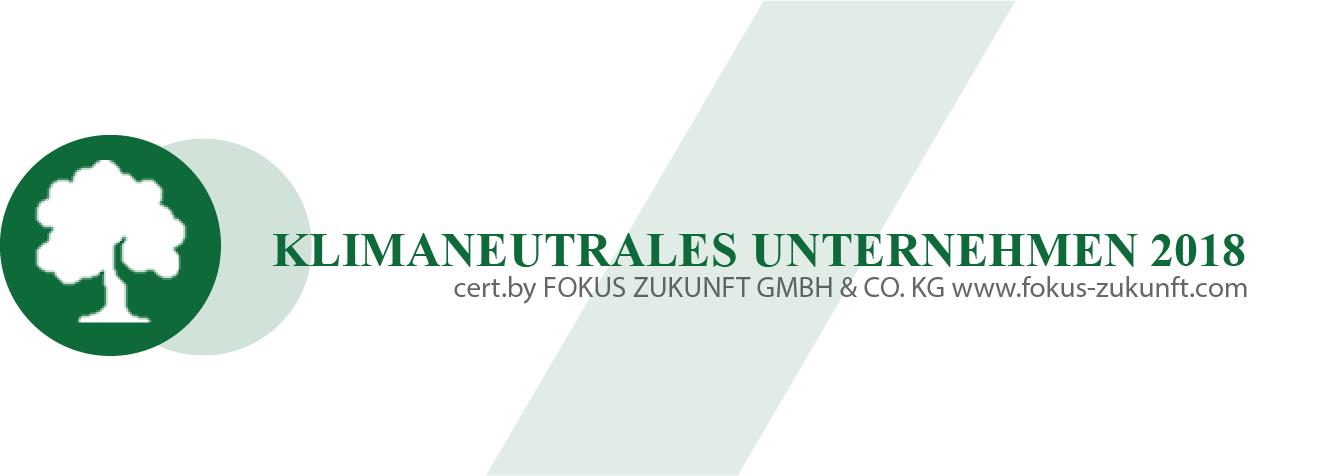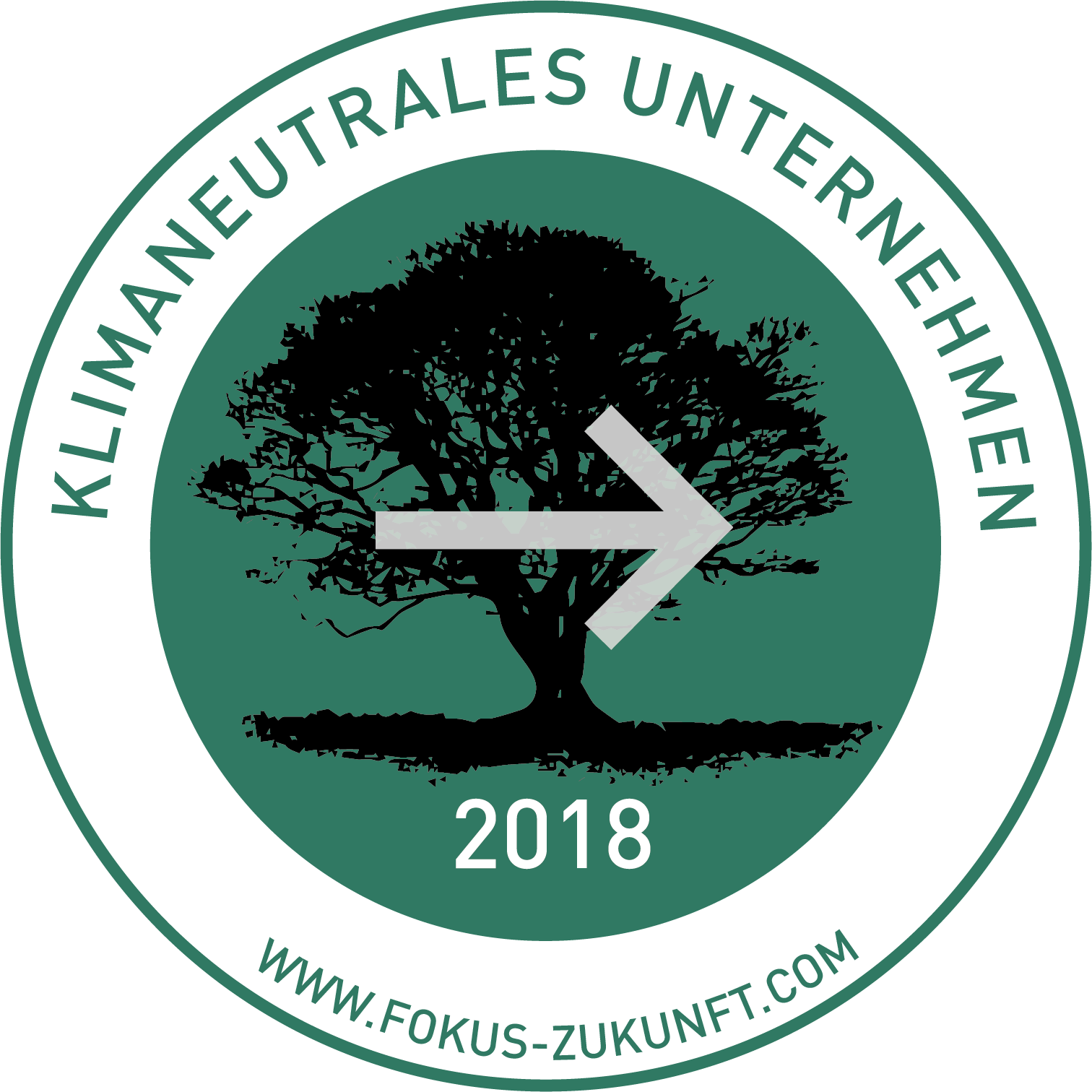SICK Austria recognized as "climate neutral company" SICK is aware of its responsibility towards future generations. One of the most important goals of the company is to also become a leader in the fields of climate and environmental protection. In this context, SICK is also committed to the efforts of the company's founder Dr. Erwin Sick, for whom environmental protection already was an issue more than 60 years ago. In order to compensate for unavoidable emissions, SICK Austria also supports international climate protection projects. SICK Austria has now received the award "climate neutral company" for its compensation of greenhouse gases. Climate change is the greatest challenge faced by mankind since the end of the ice age. The world is in the meantime in agreement that we have to urgently limit this man-made phenomenon. A successful emission reduction significantly hinges on the voluntary and consistent actions of the economy in the industrialized nations. Emission avoidance only costs 0.6 % of the annual value creation, cleaning up the damage in the course of a "continue as we have" scenario, on the other hand, costs a magnitude more. As a company, SICK Austria is aware of its responsibility towards future generations and has acted accordingly. Fokus Zukunft GmbH & Co. KG has assessed the climatic impact that can be allocated to SICK Austria: The CO2 footprint of the company amounts to approximately 350 tons of CO2-equivalent pollutants per year. To illustrate this figure: Every Austrian citizen generates an average of around 10 tons of CO2 as a result of his lifestyle. By purchasing 700 climate protection certificates under the direction of the United Nations, SICK Austria has compensated its greenhouse emissions for two years. The certificates will help to support a hydro power project in Uganda and a photovoltaic project in India. Greenhouse gases evenly distribute themselves in the atmosphere. It therefore makes sense to avoid the emissions wherever the corresponding costs are the lowest. Furthermore, projects in developing and emerging countries help to improve the economic, social and ecological situation and also support the sustainability goals of the United Nations. For emerging and developing countries, emission trading represents a major driver for the transfer of clean technologies and an economic development oriented on sustainability. "With this step, our company is one of the first in our industry to voluntarily compensate its emissions on the basis of the Kyoto Protocol. We are very proud of this fact! Furthermore, we have become a member of the Climate Alliance of the Senate of the Economy," states Helmut Maier, Managing Director of SICK Austria. |
 |
 |
 |